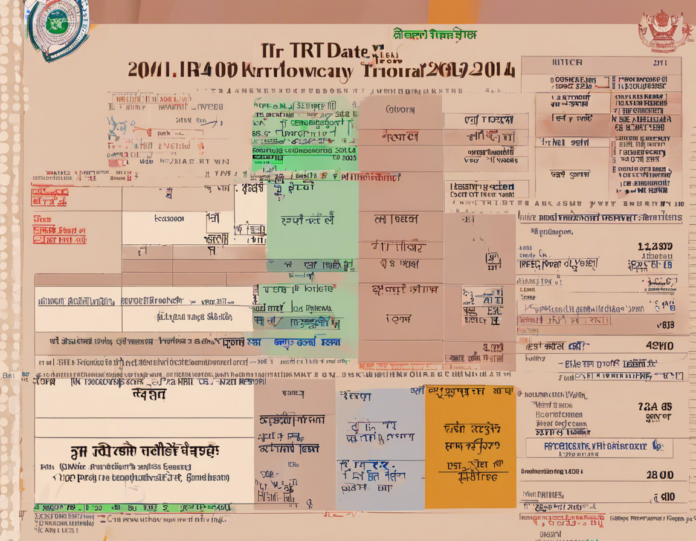Tax season can be a stressful time for many individuals and businesses. As the deadline for filing income tax returns for the year 2024 approaches, it is essential to be aware of all the relevant information and deadlines to avoid any penalties or complications. In this comprehensive guide, we will delve into the important details regarding the 2024 ITR last date and provide you with crucial insights to help you meet the deadline without any hassle.
Understanding the 2024 ITR Last Date
The last date for filing income tax returns (ITR) for the financial year 2023-24 (assessment year 2024-25) is a crucial deadline that taxpayers need to mark on their calendars. The deadline for filing ITR is determined by the Income Tax Department, and missing this deadline can lead to various consequences such as penalties, interest on taxes due, and even legal repercussions.
Key Dates to Remember
- March 31, 2024: This is the last date for individuals and businesses to file their ITR for the financial year 2023-24.
- July 31, 2024: For individuals who are not required to undergo a tax audit, the deadline for filing ITR is extended to July 31, 2024.
Tips to Ensure Timely Filing of ITR
To avoid the last-minute rush and meet the 2024 ITR last date without any issues, here are some essential tips to keep in mind:
-
Maintain Proper Documentation: Gather all the necessary documents such as Form-16, investment proofs, bank statements, and other relevant paperwork well in advance to streamline the filing process.
-
Plan Ahead: Start preparing for the tax filing process early to have ample time for reviewing and organizing your financial information.
-
Seek Professional Assistance: If you find tax matters complex or overwhelming, consider seeking help from a tax professional or chartered accountant to ensure accurate and timely filing.
-
Use Online Platforms: Take advantage of online tax filing platforms or software to simplify the filing process and minimize errors.
Consequences of Missing the Deadline
Failing to meet the 2024 ITR last date can have various repercussions, including:
-
Penalties: The Income Tax Department may impose penalties for late filing, which can amount to a substantial sum depending on the delay.
-
Interest on Taxes: If you have outstanding tax dues, late filing can attract additional interest charges on the amount due.
-
Legal Consequences: Persistent non-compliance with tax filing deadlines can also lead to legal actions and scrutiny by the tax authorities.
Frequently Asked Questions (FAQs)
- Can I file my ITR after the deadline has passed?
-
Yes, you can file your ITR after the deadline (usually up to the end of the assessment year), but you may be subject to penalties and interest.
-
What happens if I miss the 2024 ITR last date?
-
Missing the deadline can lead to penalties, interest on taxes due, and other consequences as outlined by the Income Tax Department.
-
Is it necessary to file ITR if my income is below the taxable limit?
-
It is not mandatory to file ITR if your income is below the taxable limit. However, it is recommended to file nil returns to avoid any complications in the future.
-
Can I revise my ITR after filing it before the deadline?
-
Yes, you can revise your ITR within a certain period after the original filing to rectify any errors or omissions.
-
Is there a difference between the due date for individuals and businesses to file ITR?
- Yes, the due dates for individuals and businesses to file ITR may vary, depending on factors such as tax audit requirements.
In conclusion, staying informed about the 2024 ITR last date and taking proactive steps to file your taxes on time is crucial to avoid any penalties or legal complications. By adhering to the deadlines and following the tips mentioned above, you can ensure a smooth and hassle-free tax filing process.
